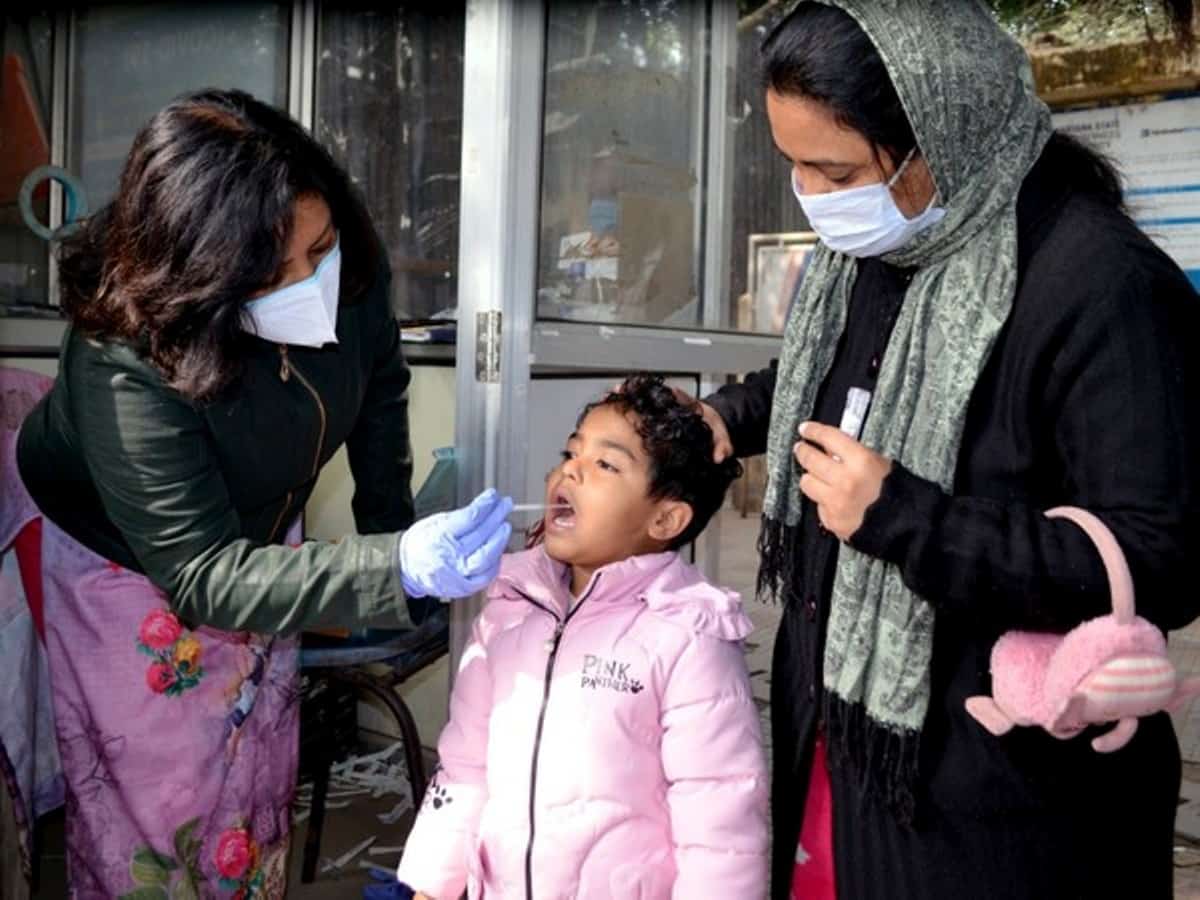
New Delhi: Two years after getting infected with COVID-19, health outcomes of people who have suffered hospitalisation, reported at least one symptom, said a follow-up study by The Lancet medical journal on Thursday.
The Lancet Respiratory Medicine study said that evidence shows that a considerable proportion of people who have recovered from COVID-19 have long-term effects on multiple organs and systems.
“Regardless of initial disease severity, COVID-19 survivors had longitudinal improvements in physical and mental health, with most returning to their original work within two years; however, the burden of symptomatic sequelae remained fairly high”, stated The Lancet.
It has also been found that COVID-19 survivors had a remarkably lower health status than the general population at two years.
The study findings indicate that there is an urgent need to explore the pathogenesis of long COVID and develop effective interventions to reduce the risk of long COVID.
“Future studies should further explore the pathogenesis of long COVID and develop effective intervention strategies to reduce the risk of long COVID,” the Lancet said.
According to a UK study published in The Lancet in April, only around one in four hospitalised patients feel fully recovered a year after having COVID-19.
The most common long-Covid symptoms were fatigue, muscle pain, physically slowing down, poor sleep, and breathlessness.
Meanwhile, the Study stated that throughout the two years after acute infection, hospital survivors with COVID-19 continued to recover in terms of symptomatic sequelae, exercise capacity, mental health, and quality of life, regardless of initial disease severity, but a fairly high burden of symptoms was still seen at two years.



